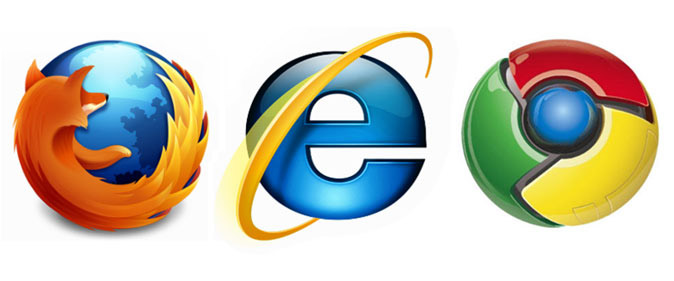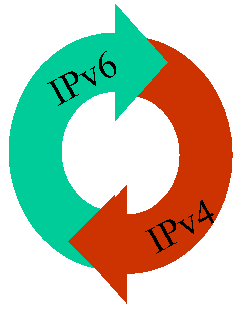An American guy charged with sending more than 27 million spam messages to Facebook users has turned himself in. Sanford Wallace, who is known as the Spam King, surrendered to FBI agents in California.

Sanford Wallace, 43, was indicted in July by a San Jose, Calif., grand jury on three counts of intentional damage to a protected computer and two counts of criminal contempt, according to the U.S. Attorney's Office in the Northern District of California. Wallace allegedly compromised approximately 500,000 Facebook accounts during three separate attacks on the social-networking giant between November 2008 and March 2009.
Wallace gained fame as one of spam's most vocal defenders back in the 1990s and he has faced numerous civil actions over his activities, including lawsuits from MySpace and the U.S. Federal Trade Commission.
However this is the first time he's facing criminal charges.
Wallace appeared in federal court on Thursday (04-Aug-2011) afternoon and was released on a $100,000 unsecured bond. He was again ordered not to access sites like Facebook and MySpace. He is scheduled to appear in court on August 22.
If convicted of all charges, Wallace could face nearly 40 years in prison and fines of more than $2 million.
Wallace gained fame as one of spam's most vocal defenders back in the 1990s and he has faced numerous civil actions over his activities, including lawsuits from MySpace and the U.S. Federal Trade Commission.
However this is the first time he's facing criminal charges.
Wallace appeared in federal court on Thursday (04-Aug-2011) afternoon and was released on a $100,000 unsecured bond. He was again ordered not to access sites like Facebook and MySpace. He is scheduled to appear in court on August 22.
If convicted of all charges, Wallace could face nearly 40 years in prison and fines of more than $2 million.





